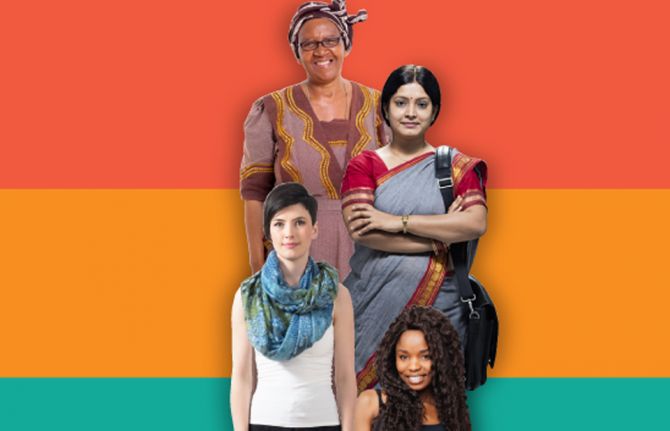

Press Statement
International Women’s Day message
08 March 2018 08 March 20188 March 2018
Michel Sidibé
Executive Director of UNAIDS
Under-Secretary-General of the United Nations
On International Women’s Day, the world is celebrating the power of women’s organizations and activists to advance women’s right to health, gender quality and women’s empowerment. Women’s empowerment and leadership is critical to ensuring success across all 17 of the Sustainable Development Goals.
Women and girls continue to be disproportionately affected by HIV. Globally, young women are twice as likely to become infected with HIV as their male counterparts. In sub-Saharan Africa, three out of four new HIV infections among 15–19-year-olds are among young women. Globally, nearly 30% of women experience physical and/or sexual violence from an intimate partner at least once in their lifetime.
But change is happening. This year, International Women’s Day is being celebrated at a time when there is a much-needed spotlight on issues of sexual harassment across multiple sectors, including the private sector, governments, international organizations and civil society. Movements such as #MeToo are challenging the behaviours and beliefs that perpetuate gender inequality, gender-based violence and sexual harassment. UNAIDS reaffirms its commitment to zero tolerance for sexual harassment. UNAIDS holds itself accountable to the same standards of ethics, equity and respect that it promotes and demands of others.
More and more voices are joining to challenge the sociocultural, economic and political inequalities that make women and girls more vulnerable to HIV. These changes are good for women and girls. We know that through enabling women and girls to fulfil their rights to health, to education and to self-determination, transformation becomes possible. HIV infections decline. Health improves. Education increases. Women and girls thrive.
These changes are good for communities, for families and for men and boys. Women and girls who are able to fulfil their rights are better able to work, to participate in civil society and government, to keep their families healthy and happy and to enjoy equitable gender relations.
It is clear that we can end the AIDS epidemic by 2030. But achieving that goal depends on advancing a social justice agenda that demands access to health services, education, employment, justice and political representation, free from discrimination and violence. The AIDS response and the people who drive it must be empowered and enabled to do so, in safe and equitable environments.
Change is happening, and the change is good.
